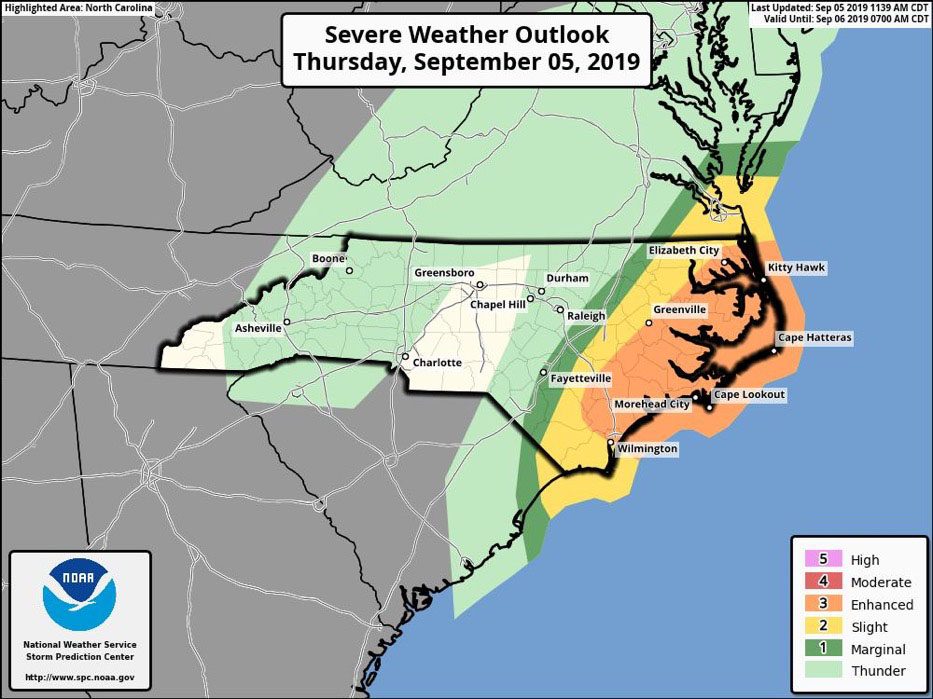With U.S. inflation accelerating to 8.5% in the past year and the general rising prices throughout the year, students have expressed concerns on how to manage their budget and also afford their college expenses.
In the first half of 2022 with everything going up in cost, especially gas, our region has been impacted heavily. Our students who drive risk having the prices affect even their most basic needs.
As of June 30, 2021, the end of the previous fiscal year for VWU ended with a total of $63,056,960 of revenues and $61,218,878 of expenditures. The students fees which were $43,458,732 ended up being most of the revenues the school had earned.
In a statement to The Chronicle, Vice President of Finance Mary Ryberg discussed the support VWU has given to students during the pandemic to keep the on-campus positivity rates as low as possible and that VWU has also increased all mental health services.
Regarding the cost of tuition and housing, tuition rates have been kept flat for five years in a row and housing has had 3.5% rate increases. “The [housing] rate increase is due to our outside vendors that provide the services passing along between 5-6% rate increase to VWU,” Ryberg said. “These increases are due to labor shortages and increased costs through the entire supply chain for resources.”
Additionally, Ryberg shared information regarding the HEERF program, which stands for the Higher Education Emergency Relief Fund. The relief fund came in during the 2020 year to help aid in financial assistance since due to COVID-19 and the labor shortages that came with increased cost for entire supply chains.
According to Ryberg, VWU has received $3.6 million of student financial assistance and to date $3.25 million has been distributed to Virginia Wesleyan students.
At the time of publication, VWU has not announced the cost of tuition, housing and other fees for the 2022-2023 academic year. For the 2021-2022 academic year, tuition was $36,000. Other fees, billed during the fall semester, are the $700 technology fee, a $200 student activities fee, a $150 parking pass, a $150 damage deposit for residents only, and the optional student health insurance for $2,286.
In the past years the fees, such as technology and the specific fees that pertain to a class, have gone up by $250. Based on our fact sheet from 2010 our tuition has approximately gone up by $7,954 and room and board has gone up by $2,376 since 2011.
With having the VWU fact sheets by year we can see the amount that previous students had to pay and how the fees have changed. As of April 25, 2022 the finalized tuition has not been released to the student body. One thing students should be aware of is if you have a car and need it on campus parking passes have gone up by $50 making new passes $150 a semester.
Junior Emilie Van Bourgondien, a member of Alpha Sigma Alpha, transferred from Roanoke College the spring of 2022. Transferring to Virginia Wesleyan was a decision based on credits even though the cost of tuition is still high.
Van Bourgondien recommends that students who are struggling to find a way to budget by using a spreadsheet.
With the difficulties of paying for school, housing and necessities, the university provides opportunities for employment.
The Work and Learn Program was made to be dedicated to providing students with work opportunities to engage with the Wesleyan community. This program actively contributes towards the students’ cost of education. The WLP consists of Campus Cooperative, Federal Work-study, Professional Program, Opus, and Residential leadership. Students who participate have the chance to align their academic pursuits with their campus employment.
Students who do not have vehicles or are just trying to find a way to interact more with our campus have the opportunity of finding employment opportunities in multiple buildings on campus.
Most common jobs tend to be the Wesleyan Ambassador Program, Wesleyan Activities Council Event Supervisors, HUB Staff and Fitness Room Staff. Each job can have different pay outcomes, depending on where you choose to work. The pay may go towards your tuition or can go directly to you.
While VWU does offer employment opportunities some students prefer to work off campus due to the range of benefits and the better pay outcomes.
Many on campus residents find jobs at the Norfolk Premium Outlets, local fast food restaurants, or careers in their potential fields of study.
Junior MacKenzie Osborne and senior MacKenzie Washington are both employees of American Eagle at the Norfolk Premium Outlets.
Osborne said, “I prefer to work off campus because the pay is better and has many benefits such as employee discounts.”
Washington said, “I decided to work off-campus because it meant I could earn more and have a good discount.”
There is a special grant for Virginia Residents and it is called the Virginia Tuition Assistance Grant (VTAG). The VTAG provides annual grants to state residents that are full time students at eligible colleges and universities. The amounts provided are based on the number of eligible students and the amount of funds available from the general assembly.
The VTAG is annually renewed if the student continues to meet the eligibility requirements and does not exceed the maximum amount of time. The VTAG is a grant that students do not have to pay back, demonstrate financial need or file a financial aid application for.
By Mikayla Moscatelli
mamoscatelli@vwu.edu

